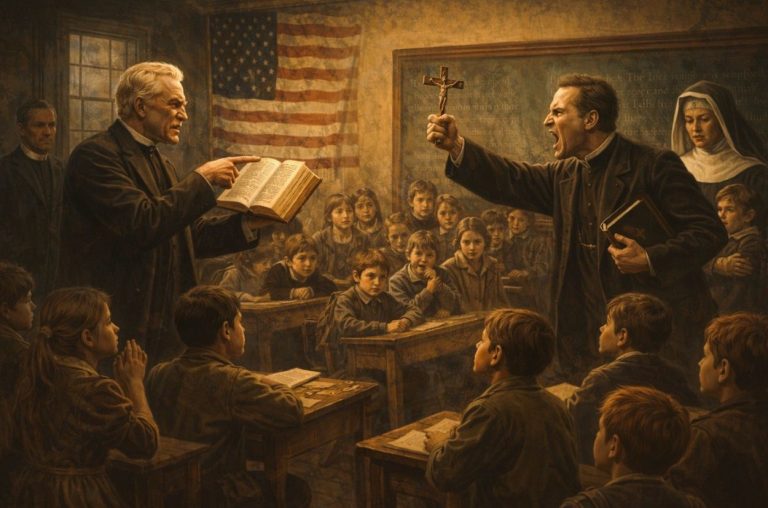

The issue of regulatory and criminal consequences has become more prominent in the past two years.

By Paula Lavigne
Investigative Reporter
ESPN

By Shwetha Surendran
Reporter, Investigative and Enterprise Unit
ESPN
The spread of sports betting poses new legal risks for college athletes in states where gambling is allowed, but an ESPN analysis has found that most university athletic departments in those states typically don’t address the new legal pitfalls.
Using public records requested by the Student Press Law Center, ESPN reviewed sports-betting policies at 24 Power 5 public universities in states that had mobile sports betting by the end of 2023 and found that only four schools had policies that explicitly warn student-athletes of potential legal consequences.
While college athletes have long faced losing NCAA eligibility for betting on sports, the legal risks are new since the advent of legalized betting six years ago. State laws now often subject athletes to greater punishment — and may even criminalize — wagering by athletes.
It isn’t clear if the universities address the potential legal consequences at in-person sessions with athletes because 21 of the 24 schools contacted by ESPN declined to comment or did not respond to multiple emails asking about their educational efforts around gambling.
The apparent lack of information in policies could leave athletes unaware that engaging in the same betting activity as their non-athlete fellow students could leave them in a legal bind. A 2023 NCAA survey of 18- to 22-year-olds found that 58% have participated in at least one sports betting activity. Six percent said they had lost more than $500 on sports betting in a single day.


